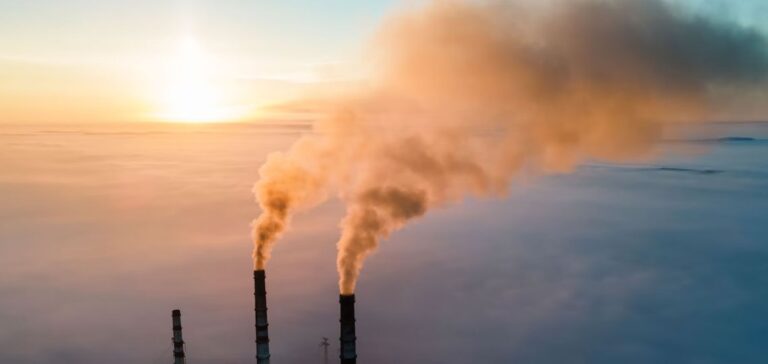A recent report by Wood Mackenzie reveals that net energy-related emissions in North America’s electricity sector are projected to decrease by 20% by 2030 compared to 2024 levels. The report, titled Energy Transition Outlook 2024-25: Americas, highlights the key drivers behind this reduction, including a 24% drop in emissions within the energy sector and the acceleration of transportation electrification. However, several factors, such as tariff increases, infrastructure delays, and political uncertainty regarding emerging technologies, may slow this transition.
In Wood Mackenzie’s delayed transition scenario, emissions in 2030 would be 11% higher than in the base case, primarily due to regulatory hurdles and supply chain challenges. David Brown, Director of Energy Transition Research at Wood Mackenzie, highlighted the political challenges that could hinder decarbonisation efforts. “President Trump has indicated that he would challenge political support for low-carbon energy,” said Brown. “However, obstacles include Republican backing for the IRA (Inflation Reduction Act), the competitive economics of renewable energy, and private sector goals for carbon neutrality.”
The report also notes that renewable energy and battery energy storage are expected to account for 80% of North America’s new electricity capacity by 2050. The electrification of transportation and low-carbon hydrogen are also anticipated to accelerate the gradual phase-out of oil and natural gas. Oil demand is expected to drop by 8 Mb/d between 2024 and 2050 in the base case, but in the delayed scenario, more expensive new sources of production will need to come online.
Role of hydrogen and nuclear in the transition
Blue hydrogen and natural gas-based energy production are highlighted as key components to ensuring the resilience of gas demand. In the base case scenario, LNG exports are projected to exceed 410 bcm by 2050, supported by major project expansions such as those by Cheniere, Venture Global, and LNG Canada. Meanwhile, coal demand is expected to decline significantly across all scenarios, with thermal coal demand in the electricity sector decreasing by 97% between 2024 and 2050.
Policies also play a central role in achieving decarbonisation goals, notably the Inflation Reduction Act in the United States and Canada’s net-zero target. However, political uncertainty surrounding key elements such as carbon pricing, low-carbon hydrogen, and infrastructure permits is slowing investment in the energy transition, especially ahead of 2030. Gerardo Bocard, Associate Researcher for Energy and Renewables at Wood Mackenzie, explained that the Mexican government prioritised access to low-cost energy and maximising oil revenues, which may limit investment in renewable energy.
Innovation and emerging technologies: nuclear takes the lead
Emerging technologies are set to play a pivotal role in North America’s decarbonisation strategy. Small Modular Reactors (SMRs), a field in which the United States and Canada are leaders in research and business strategies, are expected to reach a capacity of 19 GW by 2050. Companies such as NuScale, TerraPower, and X-Energy, based in the United States, along with planned projects in Canada, are expected to transform the North American energy landscape.
The report also emphasises the delay in developing low-carbon infrastructure as one of the main obstacles to the transition. In the United States, the number of renewable energy projects awaiting grid connection already exceeds 1.5 GW. David Brown added, “With Republican majorities in Congress, the United States under a new Trump administration could have the best chance in decades to pass infrastructure reforms, including permit reforms and policies encouraging cost-sharing of hybrid wind, solar, and energy storage projects.”





















